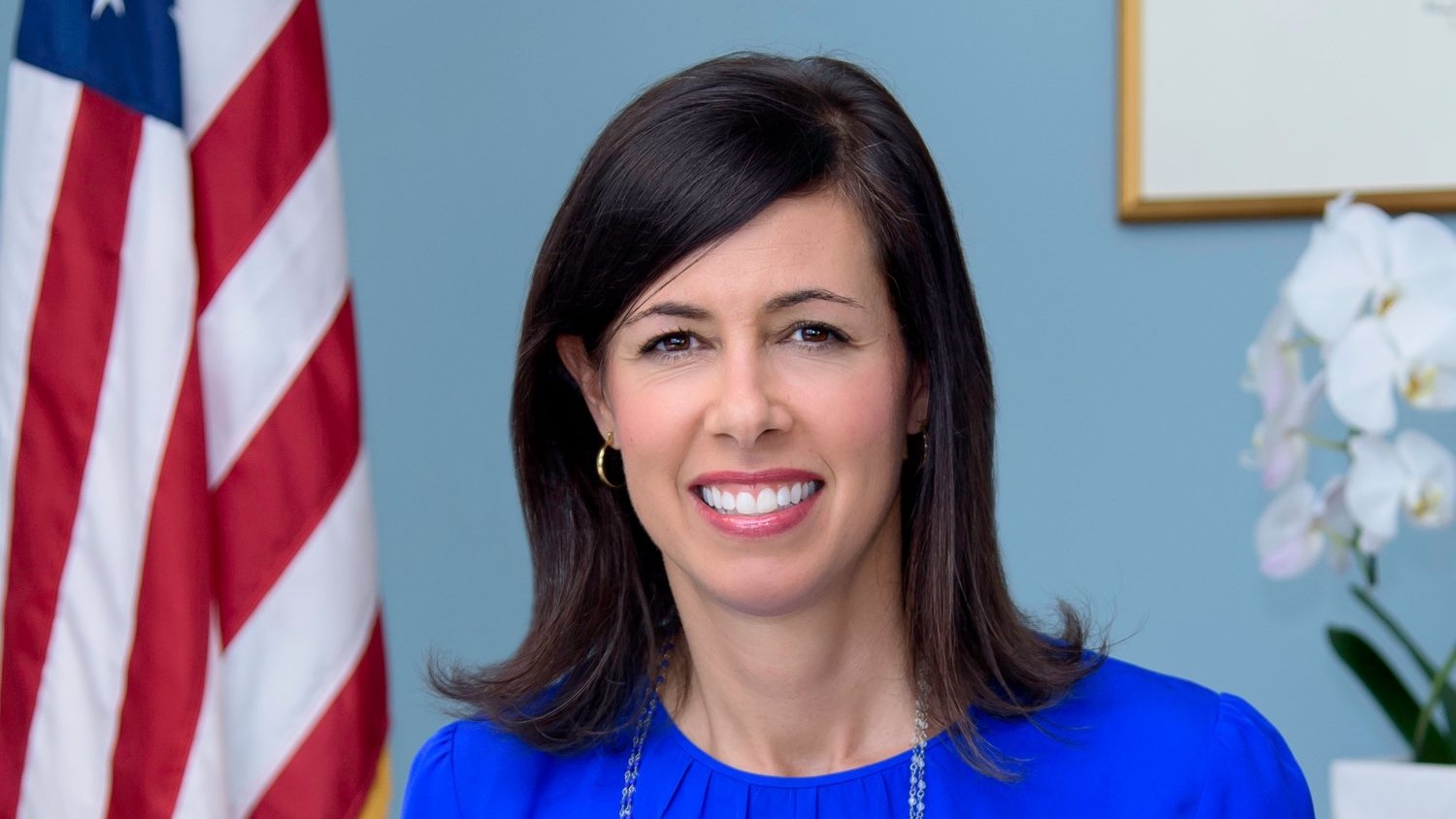
WASHINGTON, D.C.—During a November 30 House Energy and Commerce Communications and Technology subcommittee hearing, FCC Chair Jessica Rosenworcel indicated that Congressional action may be needed to give the FCC authority to regulate streaming and reclassify vMVPDs so they are subject to the same rules as traditional pay TV cable and satellite operators.
Given the difficulties in getting anything passed through the current highly polarized Congress, those comments are a potential setback for the NAB and station groups who have been pushing the FCC to reclassify vMVPDs like Sling TV, YouTube TV and Fubo TV.
The reclassification would allow station groups to directly negotiate retransmission deals with vMVPDs, a change from the current system of having the owners of the major broadcast networks handle those deals. This, they argue, would boost retransmission fees and provide stations with more money for local news.
The networks and vMVPDs under the banner of Preserve Viewer Choice Coalition have opposed the change, saying it would stifle innovation and that there is little evidence that new rules would produce more money for local news.
During the subcommittee hearing on FCC oversight, Representative and Ranking Member of the House Energy and Commerce Committee, Cathy McMorris Rodgers (R-WA5), argued that that only Congress has the ability to regulate streaming in her opening remarks, “We recently sent a letter to chair Rosenworcel, cautioning against refreshing the record to apply outdated, decades old regulations to an evolving media marketplace. Since I haven’t received a response, I will reiterate my concern and firm view that changes to laws that govern the media marketplace need to be done by Congress, not by the FCC.”
Later in the hearing McMorris Rodgers followed up and directly asked Jessica Rosenworcel about the issue. “Earlier this year, chairman Latta and I sent you a letter urging you not to reopen the 2014 proceedings on vMVPDs. At the last oversight hearing you stated and I quote, ‘the Commission’s authority extends only to what Congress provided in the 1984 Cable Act and the 1992 Cable Act…’ Because you acknowledged that the FCC does not have the legal authority to regulate vMVPDs, do you commit to not taking any action on this issue?”
In response, Rosenworcel said “I think that our duties and authority in this area are constrained by the 1984 Cable Act and the 1992 Cable Act… That’s why I think the request to incorporate virtual service providers is complex, doesn’t fit neatly in the law. We are combing over the record and trying to understand adjacent copyright issues to figure out a way forward, but I think fundamentally this is an issue where those who want us to act are going to have to come to Congress.”
Preserve Viewer Choice Coalition spokesperson Bryce Harlow after the hearing concluded said, “Chairwoman Rosenworcel was extremely clear again today on the FCC’s ability to regulate streaming services; congress is the only one that can regulate streaming video in the manner that large station groups seek. Her thoughtful remarks reaffirm her prior sentiments and are a win for streaming viewers across the country whose ability to access high-quality and affordable content we’re fighting hard to protect.”
In response to the FCC chair's testimony, the Coalition for Local News, which is backed by station groups, noted that in 2014 Rosenworcel had taken a different position on the issue.
"We appreciate FCC Chair Rosenworcel’s words about the importance of localism, but words are not enough at a time when the failure to modernize rules for the streaming era threatens the long-term viability of local news," the group said in a statement. "In 2014, the FCC recognized its authority to modernize the rules to include streamers. But the right place to start is to re-open the existing record so that industry participants can help the FCC and Congress understand how the market has changed. There is no question of the FCC’s authority to take that action. It’s time to end the delay, which only serves the interests of media giants, and instead move this process forward by refreshing the record to ensure the future of local broadcast."
Chair Rosenworcel’s earlier 2014 statement can be found here.







